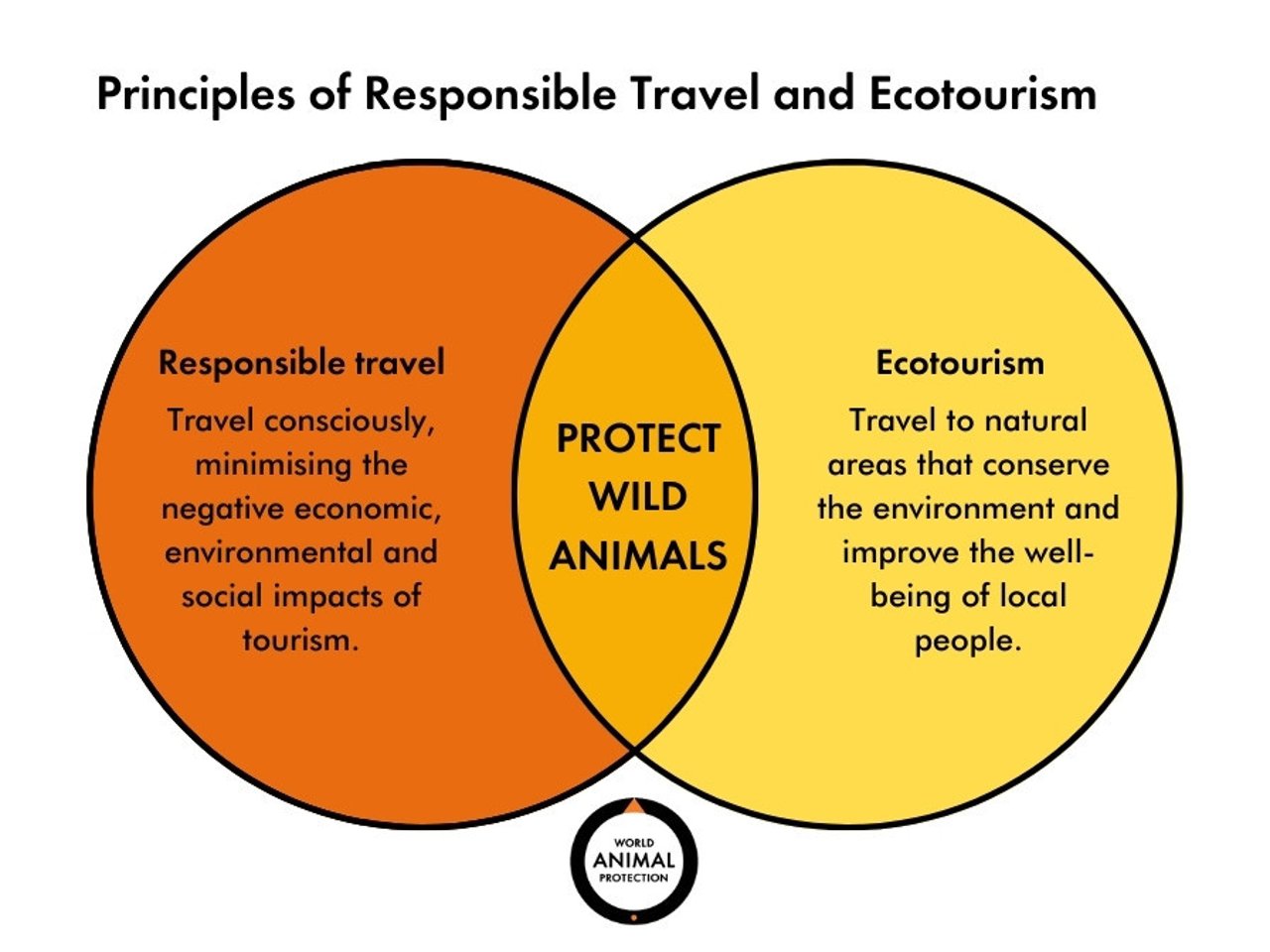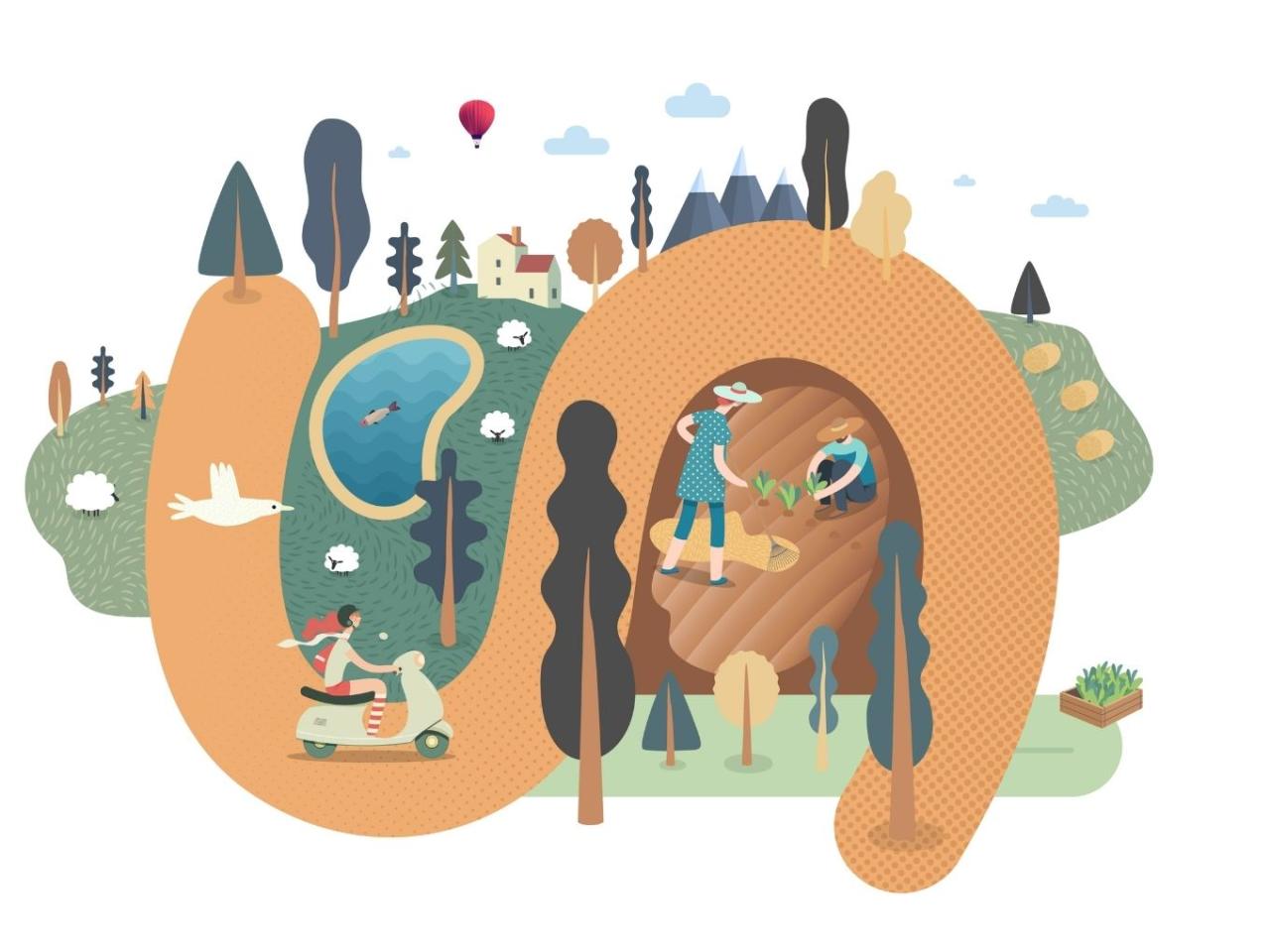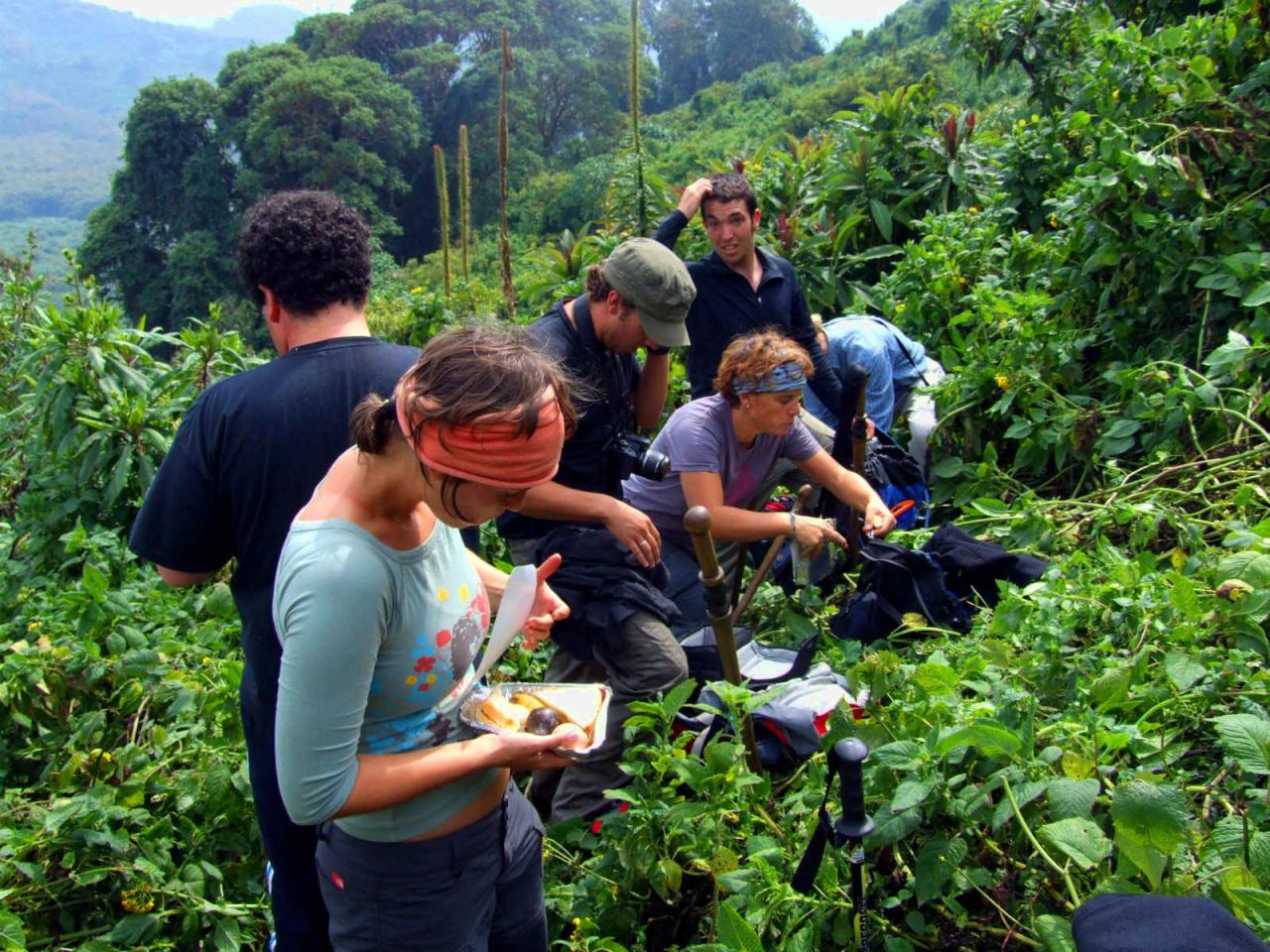Wildlife Conservation through Ecotourism

Wildlife and ecotourism – Ecotourism, a responsible form of travel that emphasizes the preservation and appreciation of natural environments, plays a crucial role in wildlife conservation. It provides economic incentives for local communities to protect wildlife habitats, reduces human-wildlife conflicts, and promotes sustainable practices that minimize environmental impact.
Wildlife and ecotourism, a harmonious fusion, offer a glimpse into the intricate tapestry of nature’s wonders. As we venture into these pristine habitats, it is imperative to tread lightly, embracing the principles of ecotourism environment . By minimizing our impact and supporting local conservation efforts, we ensure that future generations can marvel at the same breathtaking spectacles that inspire us today.
Thus, wildlife and ecotourism, when interwoven, create a sustainable path towards preserving our planet’s precious biodiversity.
Numerous ecotourism initiatives have successfully benefited wildlife populations. In Costa Rica, the establishment of protected areas and the development of ecotourism activities have led to a significant increase in biodiversity and wildlife numbers. The revenue generated from tourism has supported conservation efforts, including anti-poaching patrols and habitat restoration projects.
Wildlife and ecotourism are intertwined, offering a glimpse into the wonders of nature while fostering sustainable practices. By venturing into rural areas, ecotourism immerses travelers in pristine ecosystems and supports local communities reliant on rural ecotourism . This symbiotic relationship promotes wildlife conservation, safeguards biodiversity, and creates economic opportunities for rural regions.
Ultimately, ecotourism strengthens the bond between humans and the natural world, ensuring the preservation of our planet’s precious ecosystems and wildlife.
Challenges and Limitations
Despite its potential, ecotourism also faces challenges in achieving conservation goals. These include:
- Overtourism:Uncontrolled tourism can lead to habitat degradation, disturbance to wildlife, and pollution.
- Inadequate Regulation:Lack of effective regulations and enforcement can result in irresponsible tourism practices that harm wildlife.
- Economic Dependence:Communities reliant on tourism revenue may prioritize tourism over conservation, leading to unsustainable practices.
- Limited Benefits:Ecotourism may not always provide sufficient economic incentives to local communities, limiting their participation in conservation efforts.
To address these challenges, it is essential to implement responsible ecotourism practices, involve local communities in decision-making, and establish sustainable funding mechanisms to support conservation efforts.
Sustainable Practices in Wildlife Tourism: Wildlife And Ecotourism

As wildlife tourism continues to grow in popularity, it’s crucial to implement sustainable practices that protect both wildlife and local communities. By understanding the potential environmental and social impacts, we can develop strategies to mitigate these effects and ensure the long-term viability of ecotourism.
Minimizing Environmental Impacts
Wildlife tourism can have a range of environmental impacts, including habitat degradation, pollution, and disturbance to wildlife. To minimize these impacts, sustainable practices should focus on:
- Establishing designated wildlife viewing areas and limiting access to sensitive habitats.
- Implementing strict regulations on noise and light pollution to avoid disturbing wildlife.
- Using eco-friendly vehicles and reducing waste to minimize environmental impact.
Responsible Wildlife Viewing
Responsible wildlife viewing practices are essential to minimize disturbance to animals and protect their well-being. These practices include:
- Maintaining a respectful distance from wildlife and avoiding feeding or touching them.
- Observing wildlife from designated viewing areas or using binoculars to minimize disturbance.
- Following ethical guidelines and adhering to local regulations to ensure the safety of both wildlife and visitors.
Empowering Local Communities, Wildlife and ecotourism
Local communities play a vital role in promoting sustainable ecotourism practices. By involving them in the planning and implementation of tourism initiatives, we can ensure that their needs and perspectives are taken into account.
Empowering local communities can include:
- Providing training and support to local businesses and tour operators to promote responsible tourism practices.
- Creating community-based tourism models that share benefits and promote local ownership.
- Engaging local communities in wildlife conservation efforts to foster a sense of stewardship and responsibility.
Economic Benefits of Wildlife Ecotourism

Wildlife ecotourism presents a unique opportunity to foster economic growth while safeguarding the environment. By harnessing the allure of natural habitats and wildlife, local communities can generate substantial revenue through tourism activities. These funds can be channeled towards conservation efforts, infrastructure development, and community empowerment initiatives.
Sustainable Development and Poverty Alleviation
Ecotourism can contribute significantly to sustainable development by creating employment opportunities, promoting local entrepreneurship, and stimulating economic diversification. Wildlife tourism can provide jobs for local guides, lodge operators, and conservationists, empowering communities to become stewards of their natural resources. Moreover, tourism revenue can be invested in infrastructure projects such as roads, schools, and healthcare facilities, improving the overall quality of life for local residents.
Equitable Benefit-Sharing Mechanisms
To ensure that the benefits of wildlife ecotourism are fairly distributed, equitable benefit-sharing mechanisms are crucial. These mechanisms involve establishing transparent agreements between tourism operators, local communities, and conservation organizations. By ensuring that local communities receive a fair share of tourism revenue, ecotourism can contribute to poverty alleviation and promote social equity.
